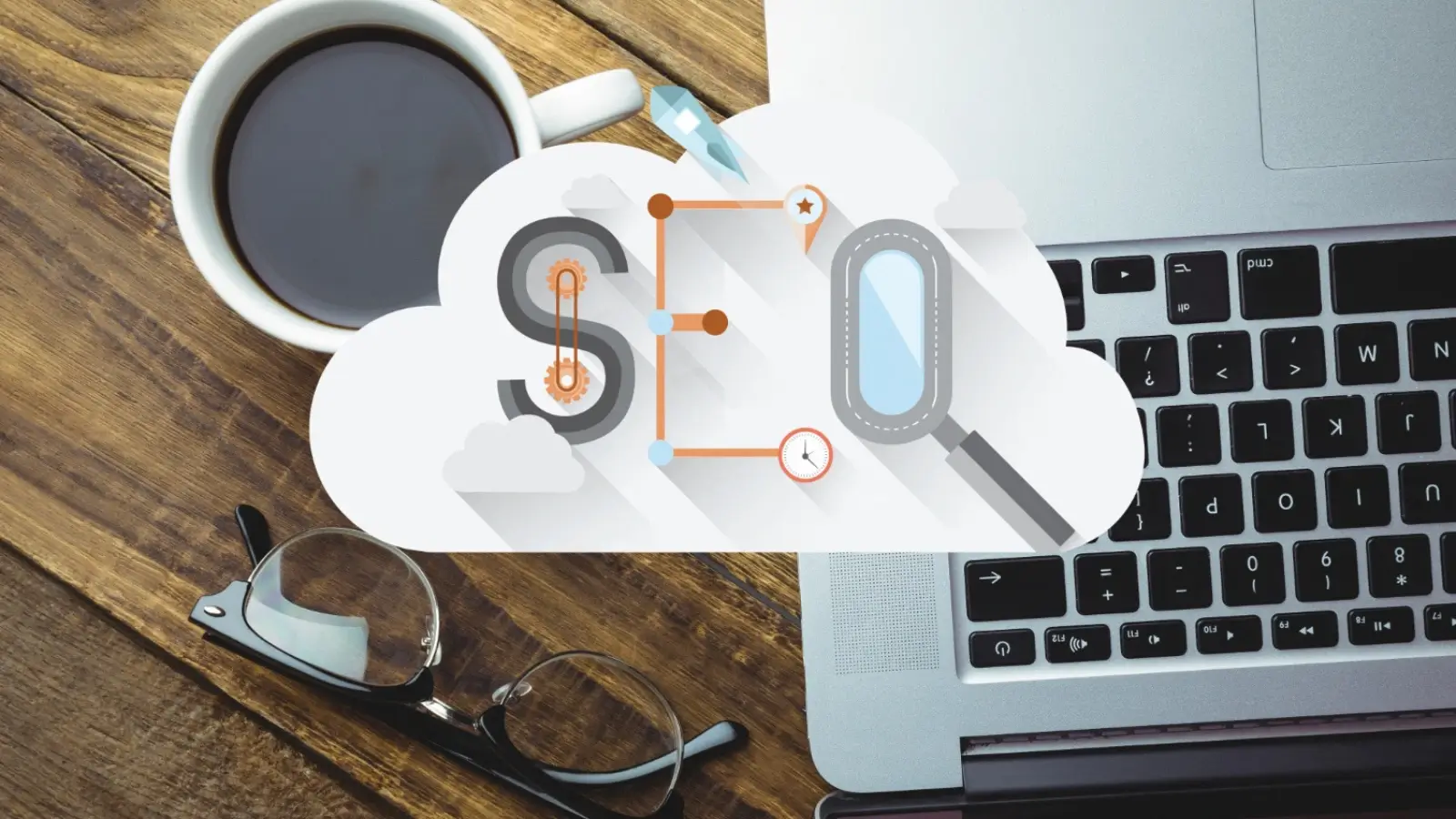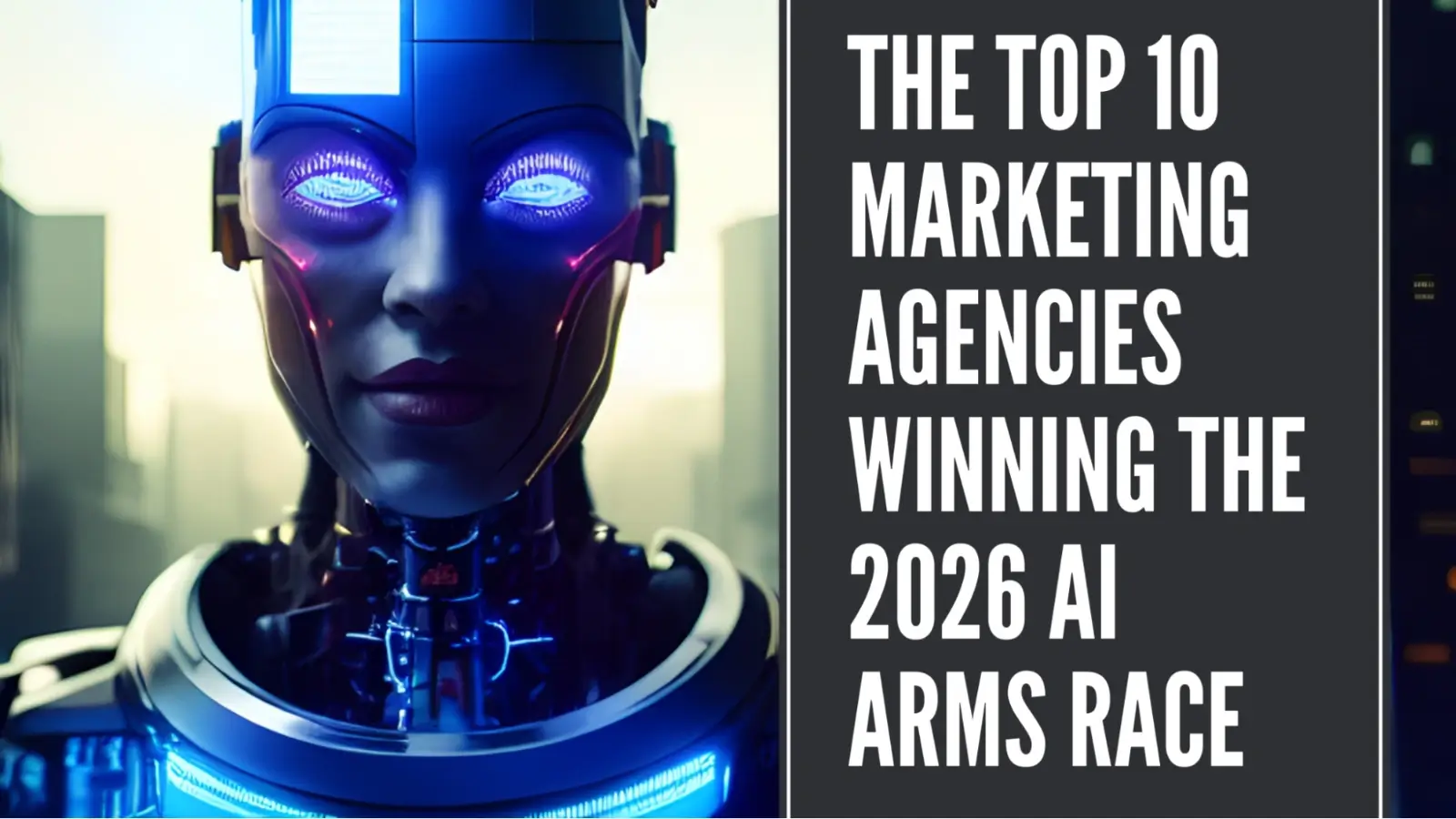The digital economy, powered by the connectivity of people, businesses, and devices, has reshaped commerce through online transactions and emerging technologies like artificial intelligence, blockchain, and the internet of things. The COVID-19 pandemic accelerated this shift, highlighting the importance of remote work and digital services. These technologies are not just trends—they drive efficiency, enable personalized experiences, and create innovative business models.
AI delivers actionable insights from massive datasets, blockchain ensures secure, transparent transactions, and IoT connects devices to streamline operations. To thrive, businesses must track these trends, invest in advanced technologies, and build a culture that embraces continuous innovation and adapts to shifting consumer behaviors, ensuring they remain competitive in a rapidly evolving market.
Evolving Demands in Modern Business Technology
In today’s fast-changing business environment, rapid innovation, evolving technologies, and rising customer expectations are redefining corporate technology needs. To stay competitive, companies are turning to advanced tools and autonomous systems, shifting from traditional operations to more adaptive, intelligent models.
The rise of remote work has fueled demand for real-time data processing, cloud services, and hybrid cloud strategies that blend digital and physical environments. This approach boosts efficiency, supports seamless scalability, and enables organizations to optimize service delivery.
With AI and big data analytics driving unprecedented demand for computing power, scalability has become a key challenge. Businesses must invest in cost-efficient infrastructure that supports innovation while strengthening digital capabilities. The integration of AI is transforming operations—powering analytics that reveal customer behavior, enabling tailored offerings, and enhancing overall customer experience.
Advancements in Data Storage Solutions
Storage technology is a cornerstone of operational speed and reliability in today’s data-driven world. As businesses generate and process unprecedented volumes of information, advanced solutions like solid-state drives (SSDs) have replaced traditional methods, delivering faster access, lower latency, and greater durability.
One of the most impactful innovations is the rise of high performance PCIe SSDs in US, which are transforming industries such as finance, healthcare, and manufacturing. Products like Exascend’s PCIe SSD lineup enable real-time analytics, seamless high-speed data access, and reliable performance for critical applications. Their durability ensures consistent operation even under heavy, continuous workloads.
Cloud computing further expands storage capabilities, allowing companies to scale on demand, reduce infrastructure costs, and strengthen data security. Looking ahead, quantum computing promises to revolutionize data storage and analytics, solving complex problems far beyond the reach of traditional systems.
Integrating Agile IT Workforce Strategies
While technology plays a crucial role in business success, the importance of people cannot be overlooked. Integrating agile IT workforce strategies is essential for businesses to adapt quickly to changing project demands. A collaborative culture enables companies to implement agile methodologies effectively, facilitating effective communication and idea sharing among teams.
TechCloud is an excellent example of a service that connects companies with specialized IT talent, enabling smoother integration of new technologies into existing systems. Leveraging flexible and scalable IT staffing solutions allows businesses to reduce costs and streamline operations. TechCloud’s IT staffing page provides more information on how companies can benefit from these services.
One of the key components of agile methodologies is the Scrum framework, which organizes work into sprints and introduces specific roles to streamline project management and enhance transparency. By incorporating customer feedback throughout the development process, businesses can ensure that the final product meets user expectations.
Synergy between Hardware Performance and Human Expertise
The true value of technology infrastructure lies in the synergy between advanced hardware and skilled professionals. Pairing high-speed storage systems with expert-driven implementation, maintenance, and optimization delivers a competitive edge that’s hard to match.
In manufacturing, blending advanced technologies—like augmented reality and machine learning—with human expertise enhances accuracy, optimizes resources, and improves energy efficiency. Skilled professionals can complete complex tasks faster while reducing errors and downtime, even in demanding environments. Virtual reality training can simulate these environments, allowing workers to practice and master procedures without risk.
The same collaboration drives success in big data analytics. Advanced storage enables the handling of massive datasets, while analysts and data scientists extract insights that fuel better decision-making. Together, hardware performance and human expertise help businesses understand customers, streamline processes, and innovate new business models.
Future Trends in Business Technology Infrastructure
Emerging technologies like AI, automation, and edge computing are transforming business infrastructure. AI-driven systems now handle repetitive tasks, enabling humans to focus on strategic work, while generative AI creates content, designs products, and develops software.
Edge computing processes data closer to its source, reducing latency and improving real-time performance for applications like autonomous vehicles and smart cities.
Blockchain adds secure, transparent transaction records, boosting data security and reducing fraud risks. Together, these innovations promise greater efficiency, cost savings, and new growth opportunities across industries.
Conclusion
In today’s digital economy, success depends on innovation in both technology and human resources. Companies that invest in cutting-edge infrastructure and skilled professionals can adapt quickly to market changes and seize new opportunities.
Combining advanced hardware with human expertise drives operational excellence and customer satisfaction. Embracing trends like AI, automation, and edge computing ensures long-term growth and industry leadership.
By continuously advancing their technology and talent, businesses can transform operations, explore new possibilities, and stay ahead in a competitive market.
Frequently Asked Questions
1. What is the role of innovation and technology in driving economic development?
Innovation and technology play a crucial role in economic development by enhancing productivity and competitiveness through new production methods and services. Their impact, however, can differ by region based on investments in R&D, human capital, and infrastructure.
2. How does technology impact modern businesses?
Technology significantly enhances modern businesses by improving decision-making through advanced tools such as AI and machine learning, which enable faster and more accurate predictions of sales and market trends. This results in the identification of profitable strategies, ultimately driving business success.
3. Why is technology infrastructure important for modern business success?
Technology infrastructure is essential for modern business success because it enhances efficiency, scalability, and competitiveness, allowing organizations to adapt to market demands effectively. This capability is vital for thriving in today's digital-first economy.
4. How have customer expectations influenced technology needs in businesses?
Customer expectations have significantly influenced technology needs in businesses, prompting the adoption of advanced technologies like AI and cloud services. These tools enable companies to deliver personalized experiences and optimize their operations.
5. What are the benefits of high-performance PCIe SSDs for businesses?
High-performance PCIe SSDs significantly enhance operational efficiency for businesses by providing faster data access, reduced latency, and greater durability. These advantages are crucial for industries that rely on rapid data processing, like finance, healthcare, and manufacturing.
















